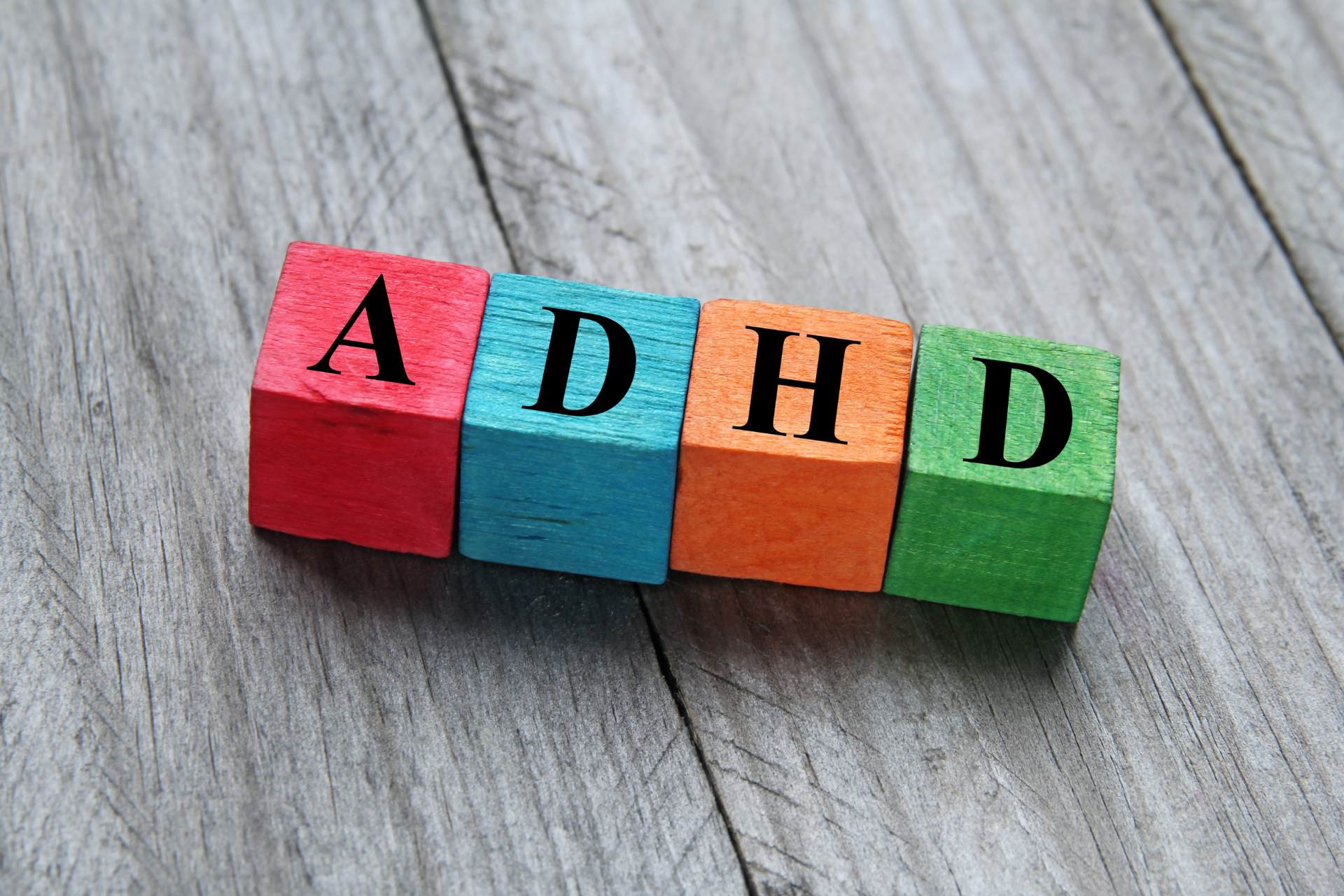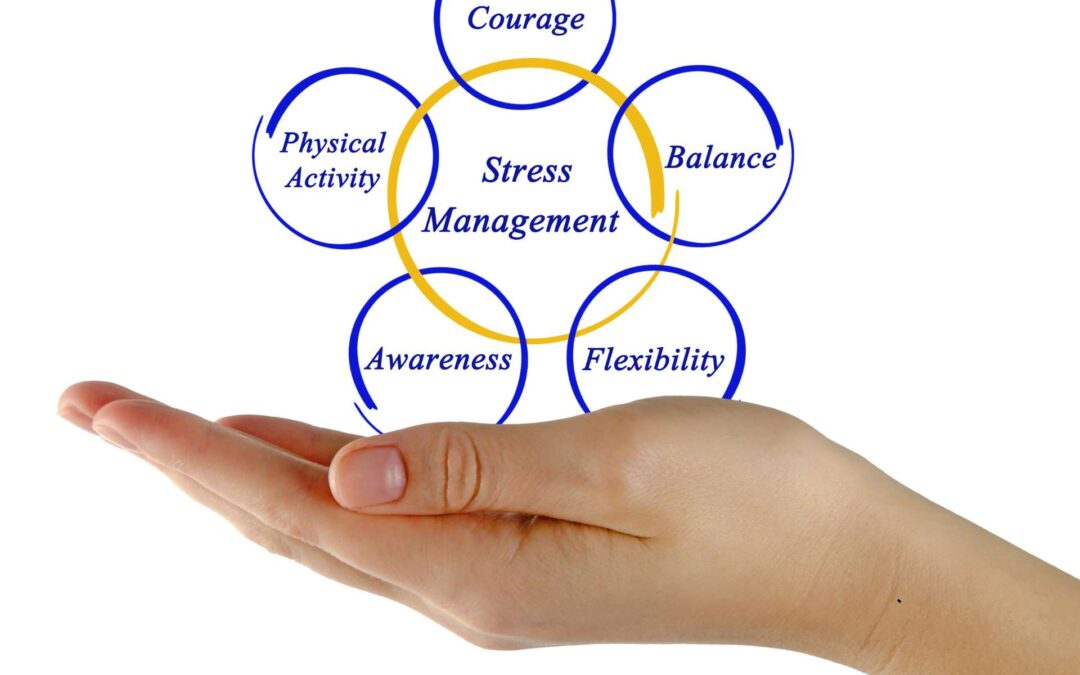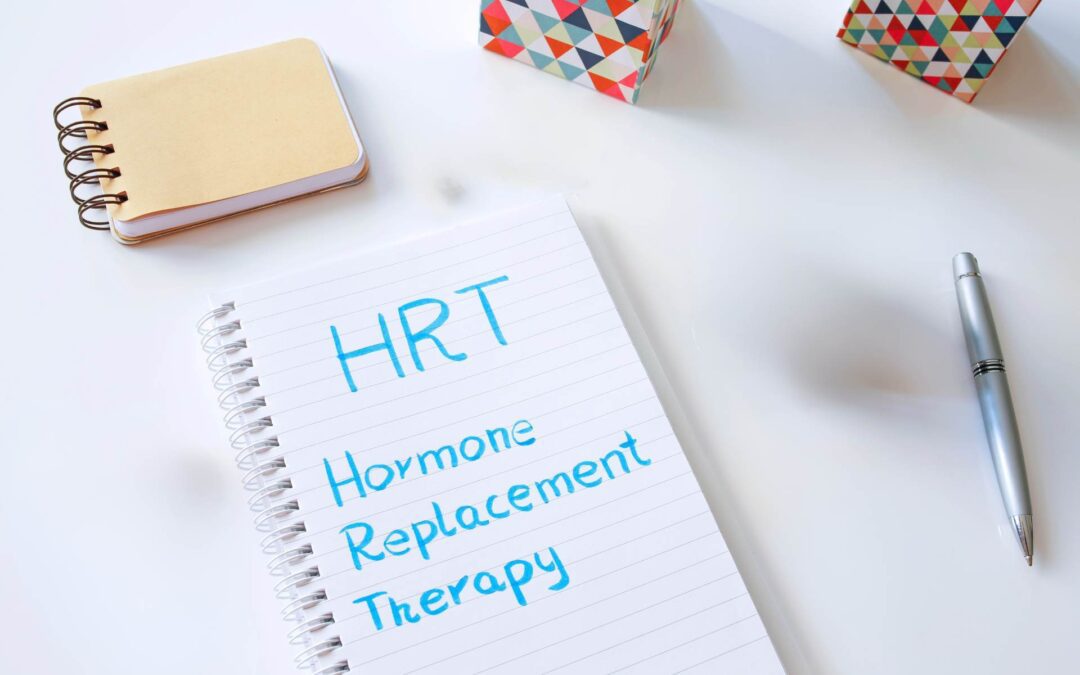Managing ADHD in adults requires a comprehensive approach that goes beyond medication and therapy. At New Insights Behavioral Health in Connecticut, we recognize the importance of a balanced lifestyle in enhancing traditional treatments. This blog explores how proper nutrition and regular physical activity can aid in managing ADHD symptoms in adults, alongside ADHD medication.
The Role of Diet in Managing ADHD
Nutrition plays a vital role in managing ADHD. Certain dietary habits and nutrients can help mitigate or aggravate symptoms. Consuming a diet rich in whole foods such as fruits, vegetables, lean proteins, and whole grains provides essential nutrients that support brain function and overall health. Omega-3 fatty acids, found in fish, flaxseeds, and walnuts, are beneficial for brain health and have been associated with improved attention and behavior in adults with ADHD.
Essential Nutrients and Foods to Avoid
Adequate protein intake helps stabilize blood sugar levels, improving concentration and alertness. Ensuring sufficient intake of vitamins and minerals like zinc, iron, and magnesium is important, as deficiencies in these nutrients have been linked to ADHD symptoms.
On the other hand, high-sugar foods and drinks, along with artificial colors and preservatives, can worsen hyperactivity and impulsivity. Reducing the consumption of processed foods that contain unhealthy fats, additives, and preservatives can help improve behavior and concentration.

The Impact of Exercise on ADHD
Physical activity is crucial in managing ADHD. Regular exercise boosts the levels of neurotransmitters like dopamine and norepinephrine, which are essential for attention and focus. Activities like running, swimming, and biking can significantly enhance concentration.
Physical activity also provides an outlet for excess energy, helping to reduce hyperactivity and impulsive behaviors, and promoting the release of endorphins, which improve mood and overall well-being.
Integrating Healthy Habits into Daily Life
Incorporating healthy dietary habits and regular physical activity into daily routines can be challenging but rewarding. Plan balanced meals that include a variety of whole foods and necessary nutrients.
Encourage participation in physical activities that are enjoyable and aim for at least 60 minutes of moderate to vigorous exercise each day. Gradually reduce the intake of processed foods, sugary snacks, and beverages, replacing them with healthier alternatives like fruits, nuts, and whole-grain snacks.
Online Treatment Options and Private Pay
Recognizing the need for flexibility, New Insights Health & Wellness offers online treatment options for ADHD. This ensures that adults across Connecticut can access our comprehensive services from the comfort of their homes. Understanding that every individual has unique financial situations, we offer private pay options for ADHD services. This flexibility ensures that you can receive the best care without being limited by insurance constraints.

Linking Diet and Exercise with Medication Management
While diet and exercise are essential components of ADHD management, they often work best alongside medication. Combining medication with a healthy diet and regular exercise can enhance overall treatment effectiveness. Medications help manage core ADHD symptoms, while diet and exercise improve physical health, mood, and cognitive function.
Our approach involves creating individualized treatment plans that incorporate all aspects of ADHD management. Regular check-ins with healthcare providers ensure that both medication and lifestyle adjustments are optimized for your needs.
The Importance of ADHD Therapy
Therapy is another crucial element in managing ADHD. Cognitive-behavioral therapy (CBT) techniques can help adults develop better organizational skills, improve self-control, and manage their behavior more effectively. Individual counseling provides a safe space to express feelings and challenges, helping build self-esteem and develop coping strategies.
At New Insights Behavioral Health in Connecticut, we advocate for a comprehensive approach to ADHD treatment that includes nutritional guidance, physical activity, medication management, and therapy. For more information on how to integrate diet, exercise, medication management, and therapy into your ADHD management plan, fill out a new patient form with New Insights Behavioral Health today.






